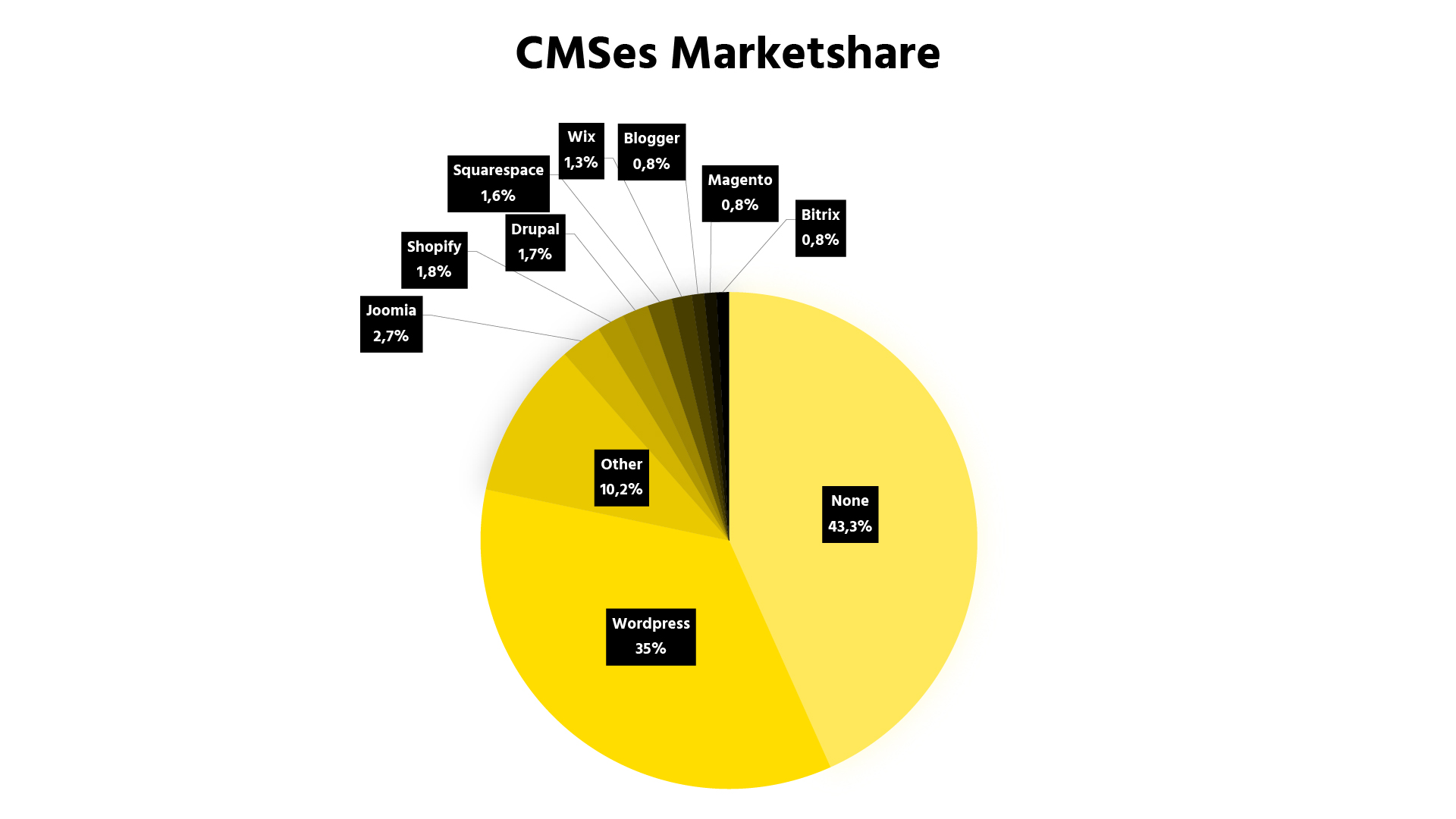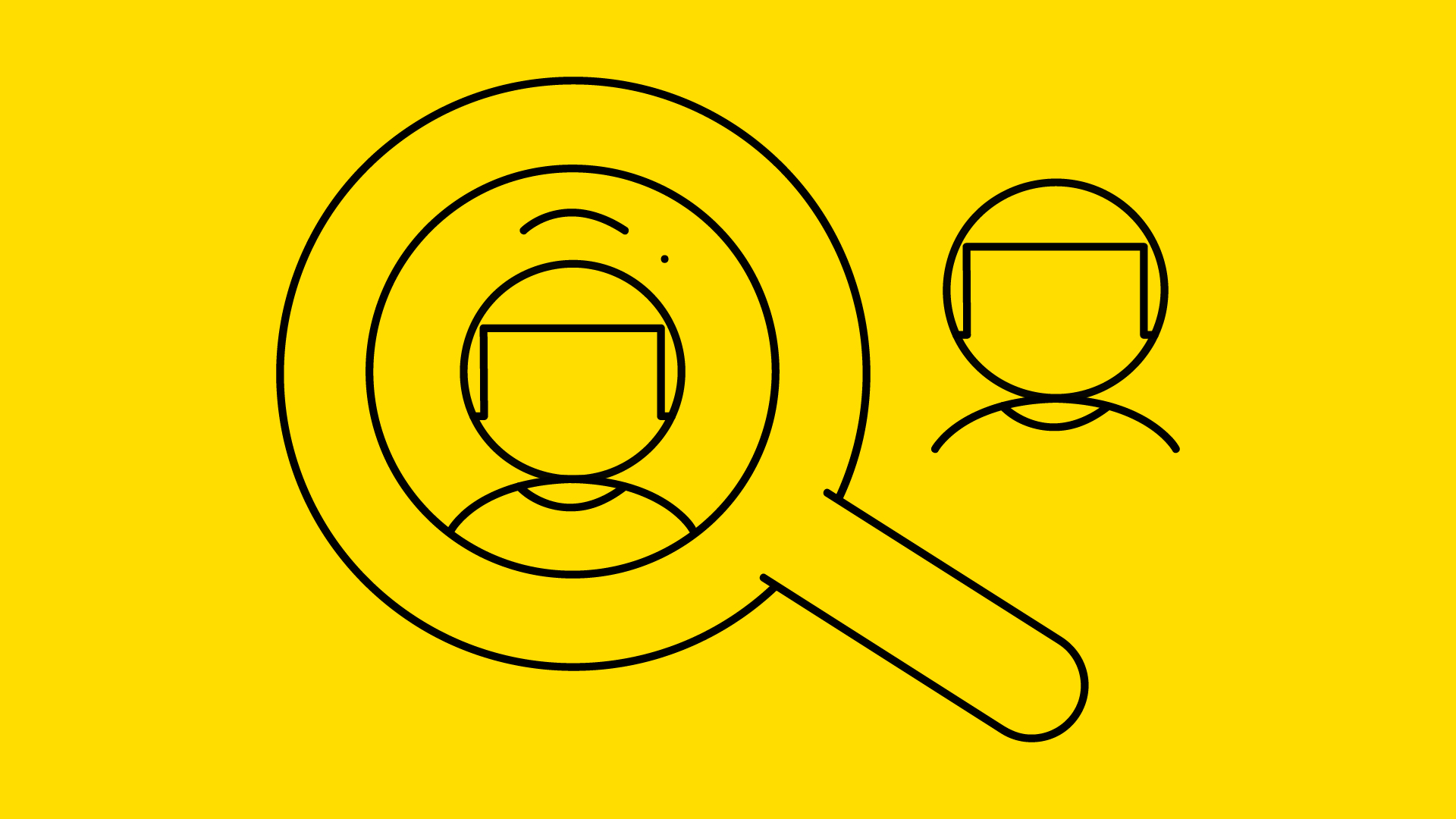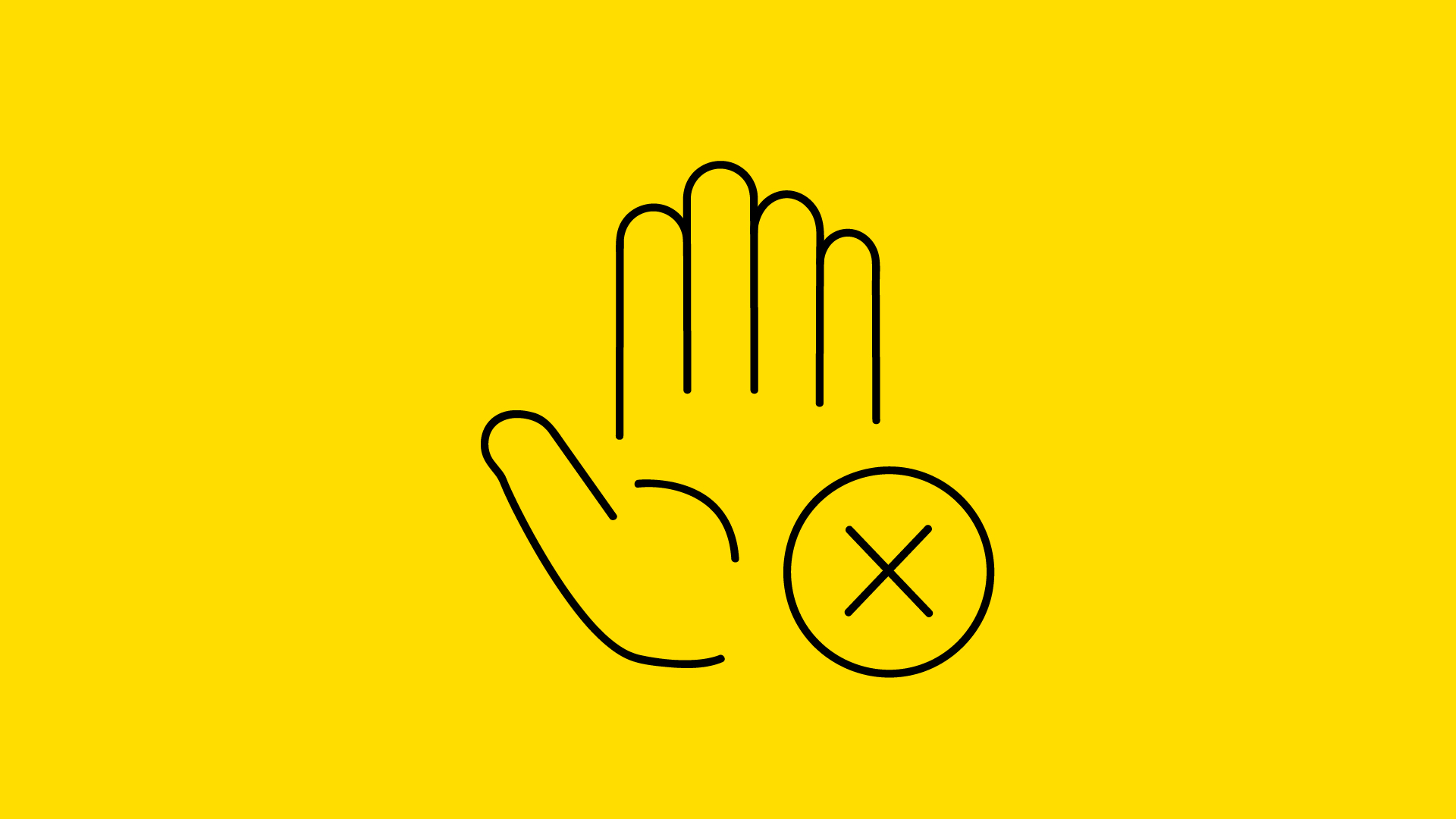DID YOU KNOW THAT ☝️
Let me start off with three technical tips that I learned. I believe that these can be helpful for you too!
1. SOME CMS SYSTEMS ARE BETTER THAN OTHERS FOR SEARCH ENGINE OPTIMISATION
Note: A CMS system (short for content management system) is a software that helps people who don’t have technical knowledge (yet), to edit, and mostly manage a website.
I learned about CMS when we worked with a client who was using Squarespace for their website. I was only familiar with WordPress which I worked on as a freelancer and for uni projects and I remember having a mediocre) Wix site as a portfolio for my art when I was younger. But all I knew about Squarespace was the name.
I was surprised to find that choosing a website platform can be quite controversial. Firstly, there are many different ways to work on your website SEO. Secondly each user will have a different level of knowledge when it comes to SEO, which may influence what platform you choose. WordPress is the most popular CMS making up 35% of market share. See the graph below:
Datasource: https://joost.blog/cms-market-share/
In my opinion I would definitely choose WordPress, with the plugin Yoast SEO, if I was creating my own website. If you prefer another CMS, do your research on how this particular CMS impacts your search engine ranking. It can be hard to rank on Google with Squarespace. As 75% of people will never scroll past the first page of Google search results, it’s important that your website is visible. As 75% of people will never scroll past the first page of Google search results, it’s important that your website is visible.
If you want to learn more about website SEO read Tips for a Search Engine Friendly Website or How to Optimise Images, Videos and PDFs for your Website.
2. YOU SHOULD ALWAYS USE LOOKALIKE AUDIENCES IN FACEBOOK ADS
I learnt a lot about digital ad campaigns and the strategy behind them. One important tip I learnt: for a high converting campaign, include a lookalike!
Let me take you through a scenario: While we were working for a food company we set up a Facebook Ad campaign. Our primary goal was awareness: We wanted to get people to know the brand.
To start we separated our audience into two groups: “foodies” and “healthy eaters”. Each of these groups had slightly different interests. Once this was done, we created audiences called “lookalike Facebook engagers”, “lookalike website visits” and later “lookalike video views.” These groups included people who Facebook determines “looks the most like”/are similar to people who have engaged with the brand before. Facebook has far more knowledge than us, so we trust it to make the best connections. These audiences by far out performed our interest targeted groups.
Later, we applied this strategy in nearly all the other campaigns I was involved in.
Now that I know this, I will not miss out on using lookalike groups again. It’s a smart trick! And takes you a step closer towards more conversions and a higher return on investment.

3. NEGATIVE KEYWORDS SAVE YOUR ADS FROM BEING SHOWN TO NON-CONVERTERS IN GOOGLE ADS (AND SAVE MONEY)
Google ads is probably the platform I have enjoyed learning about the most (and there is so much to learn). Adding negative keywords is a good practice that I learnt. For the same food company as in the previous point, we ran a Google Ad campaign aimed at conversions (maximising the amount of online purchases). The food from this brand was Middle Eastern food. In the search terms however, we found that the ad was shown to people searching for other types of food like “Egyptian food”, or “Asian food” for instance. By selecting these search terms and adding them as negative keywords, we made sure to limit the amount of times it showed for people who wouldn’t buy them.
Negative keywords are cool ❌?
Interested in Google Ads? Read How Google Ads Works: an Introduction.

These are only three examples of things I have taken away from my work with Blitz Digital. There are so many tips and tricks to learn that this is just the beginning.
ADDITIONAL THOUGHTS
A few more points that will help you understand Blitz Digital / digital marketing in general:
- Digital marketing can feel like gymnastics – the left brain is needed for logic (data analysis and strategic thinking mainly) and the right brain for creativity (visuals, texts.) and both are needed! With many clients, there often is a bit of both each day.
- Digital marketers are like chameleons – they are curious and want to know about various fields. Being sensitive towards people is also essential: putting yourself in the shoes of clients from this or this brand is often required.
- A big part of the job is listening. Data gives us some information that people can’t tell us, while on the other side, data is not complete without the clients’ stories. Before disappearing into the shadows and working hard, a digital marketer is a client counsellor and client support.
- Working with small / medium companies is a great joy for Blitz Digital. Companies of this type aren’t as slick as big corporations and can need more support. What it means for us: having a case by case approach to the work we do and keep learning to provide the best digital approach for each and every different client.
Get in touch with Blitz Digital if you have any questions or need help with your digital marketing.